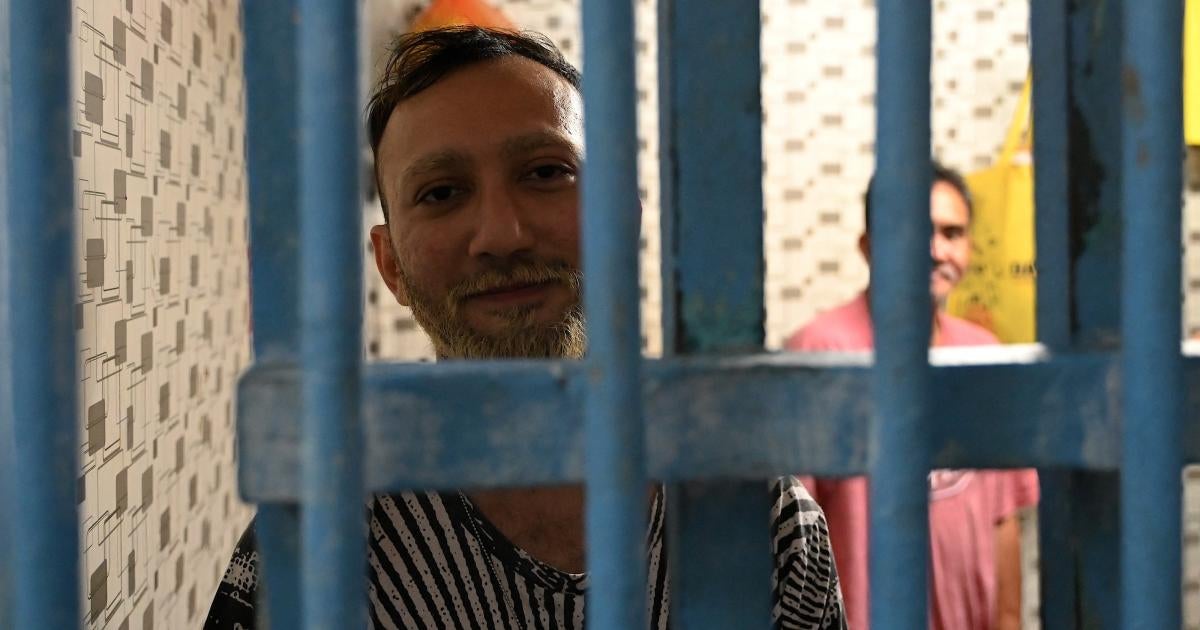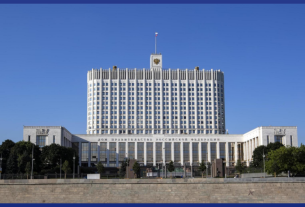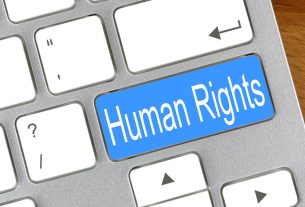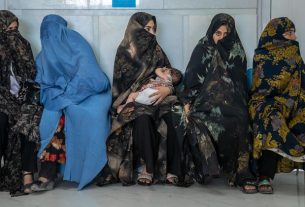Philippine authorities arrested the popular drag performer Pura Luka Vega this week on charges stemming from a video ofa performance that went viral in July.
In the video, Vega performs to “Ama Namin,” a rock version of the Lord’s Prayer, dressed in an outfit resembling Jesus Christ.
The video sparked controversy in the Philippines, with a number of religious figures and lawmakers condemning the performance. Christian leaders affiliated with the Philippines for Jesus Movement and the Nazarene Brotherhood filed criminal complaints. Several municipalities in the Philippines condemned the performance and declared Vega persona non grata.
Now the authorities have charged Vega under article 201 of the criminal code, which prohibits “indecent or immoral plays, scenes, acts or shows” that “offend any race or religion.” Vega faces fines and up to 12 years in jail if convicted.
Vega’s performance may offend some, but it is protected expression under international human rights law. Freedom of expression includes artistic expression that offends, satirizes, or challenges religious beliefs.
As the United Nations Special Rapporteur on the freedom of religion or belief has said, “the international normative standard is clear: States may not impose punishment for insults, criticism or giving offence to religious ideas, icons or places, nor can laws be used to protect the feelings of religious communities.” While freedom of expression can be limited for narrow reasons of national security or public order, such as incitement to violence, Vega’s performance, however controversial, does not fall into those exceptions.
Vega should be released from custody and the charges dropped. To prevent future censorship of controversial viewpoints, lawmakers in the Philippines should amend or eliminate article 201 to ensure that religious beliefs cannot be misused to deny others their human right to free expression.



